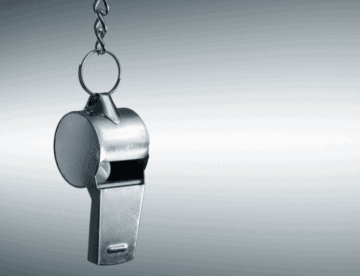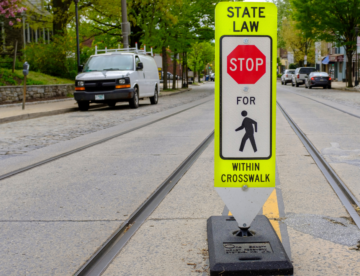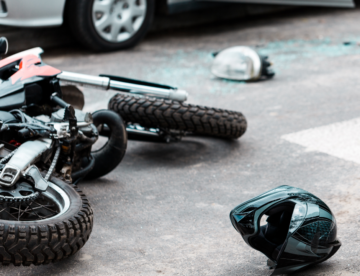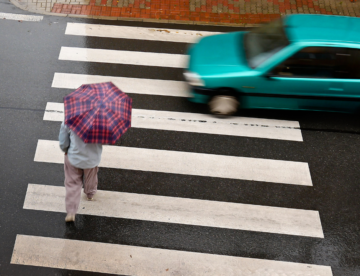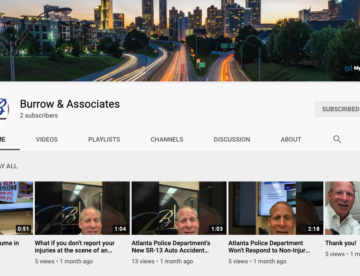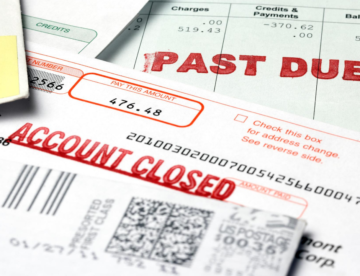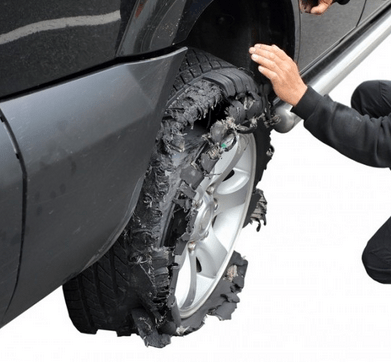
We often worry about car accidents caused by reckless drivers, bad weather, or excessive speeding, but one critical factor is frequently overlooked: tire maintenance. Every year, numerous people are injured or lose their lives in car tire accidents due to preventable tire issues. Regular inspections and preventive care are essential to avoid such accidents.
Car Tire Accident Statistics
Car tire accidents are a significant safety concern. According to the National Highway Traffic Safety Administration (NHTSA), there were approximately 11,000 tire-related crashes annually, with tire issues contributing to many preventable accidents.
Understanding Common Tire Problems
To prevent a tire-related car accident, it’s crucial to be aware of three common car tire accident causes:
Low Pressure
Ignoring the low tire pressure light can be a costly mistake. Low pressure not only increases the risk of a blowout but also makes it harder to brake or turn sharply. Regularly check your tire pressure and ensure it’s at the recommended level to maintain optimal control of your vehicle.
Old Tires
As tires age, they wear thin and begin to “bald,” losing the grooves that provide traction. Bald tires make it difficult to grip the road and increase the risk of blowouts. Replace your tires before they become too worn, and consult your car owner’s manual for replacement guidelines.
Slow Leaks
A slow leak occurs when a small puncture causes air to escape gradually. This can lead to dangerously low tire pressure over time, increasing the risk of a blowout. If you notice your tire frequently losing air, have it inspected for punctures and get it patched if necessary.
Additional Preventive Measures
Beyond addressing these common issues, you can take further steps to ensure your tires are safe:
Rotate Your Tires
To prevent uneven wear, rotate your tires every 7,000 miles or six months. This helps extend the life of your tires and maintains their safety.
Replace Your Tires
Keep a close eye on your tires after five years, and pay particular attention to tread depth. If the tread depth is below 2/32 of an inch, it’s time to replace your tires. Additionally, replace tires that are over 10 years old, regardless of mileage, as they can deteriorate from prolonged exposure to various weather conditions.
Be Aware of Other Drivers
Even if you maintain your tires diligently, others may not. In the event of a car tire accident, ensure the police report or investigation considers whether the other driver’s tire negligence or defective tires were factors. An attorney can help ensure a thorough investigation.
If you need to discuss tire-related issues or any other factors contributing to a personal injury case or car accident, contact Burrow & Associates for a free consultation. We have offices in the following locations:

